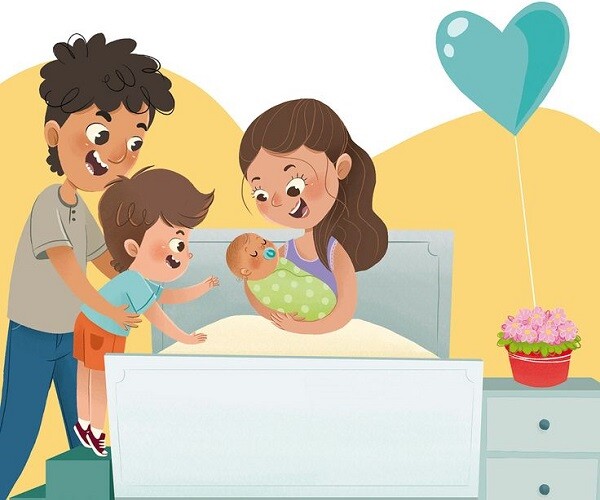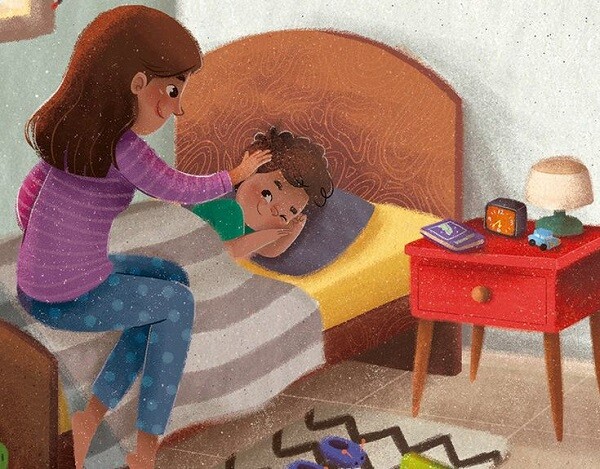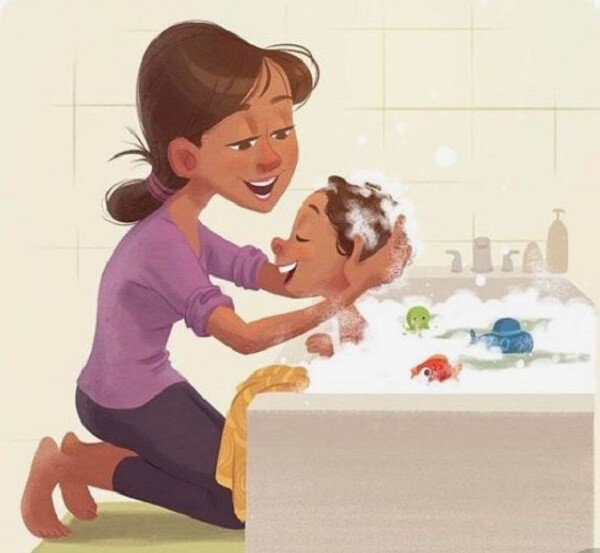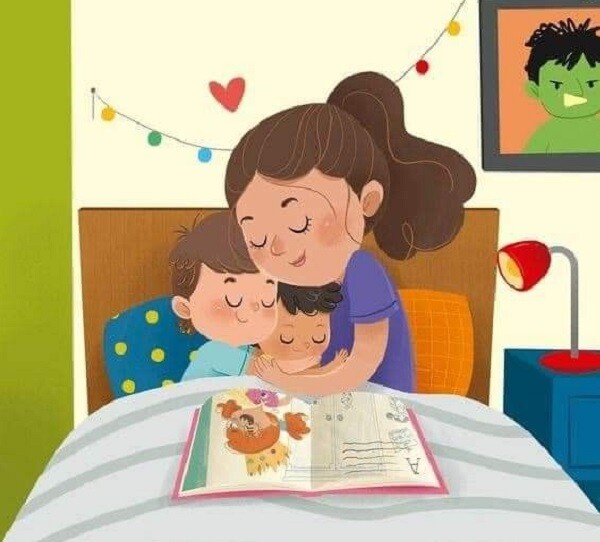Love and affection are the foundation for a child’s healthy development, according to experts. It not only contributes to their overall health but also enhances their intellectual abilities and promotes height growth.


What creates a void in a child’s heart?
From the moment a child is born, they rely on their parents’ care and attention to thrive. If parents fail to provide sufficient love and affection during the critical period of attachment formation, children may develop a sense of insecurity.
Physical touch, such as holding a child’s hand or stroking their head, stimulates the release of oxytocin in the brain. Research has shown that oxytocin enhances memory, reduces stress, and increases feelings of love and happiness in children.
When children feel content and secure, their brains are freed from survival pressures. Instead, their brains allocate more resources to exploration and self-development.

Physical touch, such as holding hands or stroking a child’s head, stimulates the release of oxytocin.
Furthermore, skin-to-skin contact provides tactile stimulation to the brain, allowing for denser connections between neurons, thus promoting neurological development.
Stable and happy moods in children also increase the secretion of growth hormones and enhance nutrient absorption, leading to natural height growth.
The first three years of a child’s life are crucial for attachment formation and brain development, including height growth. Skin-to-skin contact is beneficial for cognitive development, height growth, and creating a sense of security and familiarity for the child.
However, many parents are unaware of the significance of these simple acts. In reality, it doesn’t take much time to incorporate these small gestures into daily life, providing children with a sense of complete love and warmth.

4 activities to enhance bonding and promote healthier development in children
Eye Contact
When parents hug and make eye contact with their children, oxytocin levels rise after about 10 minutes. Oxytocin, often referred to as the “love hormone,” plays a crucial role in building a strong bond. As mentioned earlier, this hormone helps children feel secure and loved, contributing to brain development and a stronger immune system.
During the sensitive attachment period, hug your child as much as possible, especially when they are crying. Hugs provide comfort and are a way to express your love and care.
Responding promptly to a child’s cries by touching their head and patting their back gently will help soothe and reassure them. These small gestures not only ease the pain but also reinforce the belief that they have a safe haven in their parents’ arms.

Play and communicate with your child.
If time allows, mothers can also massage their children multiple times a day. Gentle and loving touches stimulate neurological and muscular development while improving blood circulation and enhancing immunity.
Playful Tickling
Occasional light tickling can induce laughter, relieve stress, relax the body and mind, and boost immunity in children.
Children’s laughter is an expression of joy and plays a vital role in emotional development. When children laugh, their bodies release endorphins, hormones that reduce pain and create a sense of happiness. This not only provides immediate benefits but also contributes to long-term psychological well-being.
Upon waking, gently scratch your child’s belly and neck to make them feel comfortable and loved. This simple act creates a warm and familiar environment, reinforcing the sense of love and security.
Reading Comics and Singing
When reading comics or singing children’s songs, hold your child in your arms or let them sit on your lap.
These moments provide a wonderful opportunity to forge a deep emotional connection. As your child listens to your voice and feels the warmth of your skin, their soul finds solace.
The familiar sound of a parent’s voice, coupled with physical closeness, creates a safe, relaxing, and loving environment.

Reading comics and singing together.
Physical Touch
After the age of one and a half, children become harder to hold but still crave physical contact. They often seek to hold hands or have their heads caressed, as it makes them feel safe and connected.
When a child is hugged, the parasympathetic nervous system activates a self-regulating reflex, inducing relaxation. This means that a warm hug has positive physiological effects, reducing stress and anxiety.






































